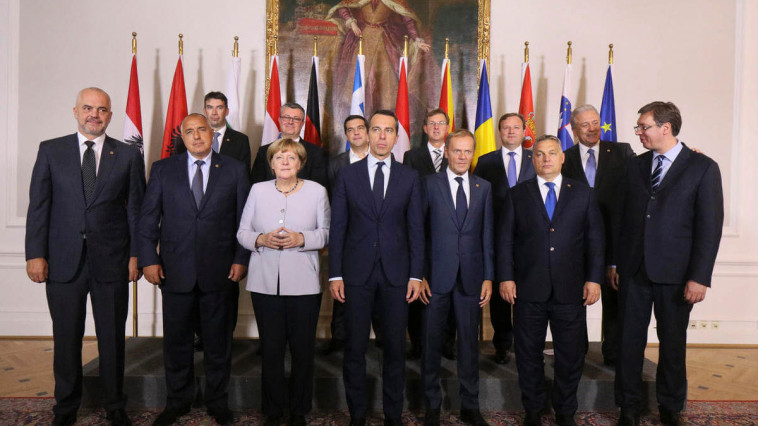EU leaders to consider how to improve Russia ties without dropping sanctions

European Union leaders will explore next month the possibility of improving strained ties with Russia in response to growing irritation among some member states over economic sanctions imposed on Moscow over its role in the Ukraine crisis.
However the sanctions appear likely to remain in place for now, especially those slapped over Crimea, the Black Sea peninsula seized by Russia in March 2014, despite the legal and political challenges of maintaining them. EU leaders will review the state of relations with Russia at a summit on Oct. 20-21, with the hawks' camp weakened by Britain's decision to leave the bloc and by increased strains between Brussels and Poland's nationalist-minded government.
Countries skeptical about extending sanctions include Italy, Greece, Cyprus, Slovakia and Hungary. They are keen to return to doing business with Russia, the EU's main gas supplier, not least to help offset Europe's sluggish economic growth.
"It will be increasingly difficult to go on extending the sanctions. But this could be done if the key skeptics are convinced that there are other elements in the EU's policy on Russia, not just sanctions," said a senior EU official.
"There will be those who want to lower the bar for Russia, give a signal that if only Moscow makes a little move, the EU would want to normalize the situation a bit. Then there will be those who want to raise the bar. Eventually we'll stay more or less where we are. The advantage of those who want easing is that you need unanimity to extend sanctions. But no one wants to be alone in blocking (an extension). It would be different if a few of them came out together," a second EU official said.
The EU first imposed sanctions after Russia seized Crimea following a Western-backed uprising against a pro-Russian leader in Kiev. It then widened the sanctions over Moscow's backing for rebels battling Kiev's forces in eastern Ukraine in a conflict that has killed more than 9,500 people since April 2014.
The sanctions include travel bans and asset freezes on people and entities; curbs on energy, financial and defense dealings with Russia and limits on doing business in Crimea.
Source: Reuters














